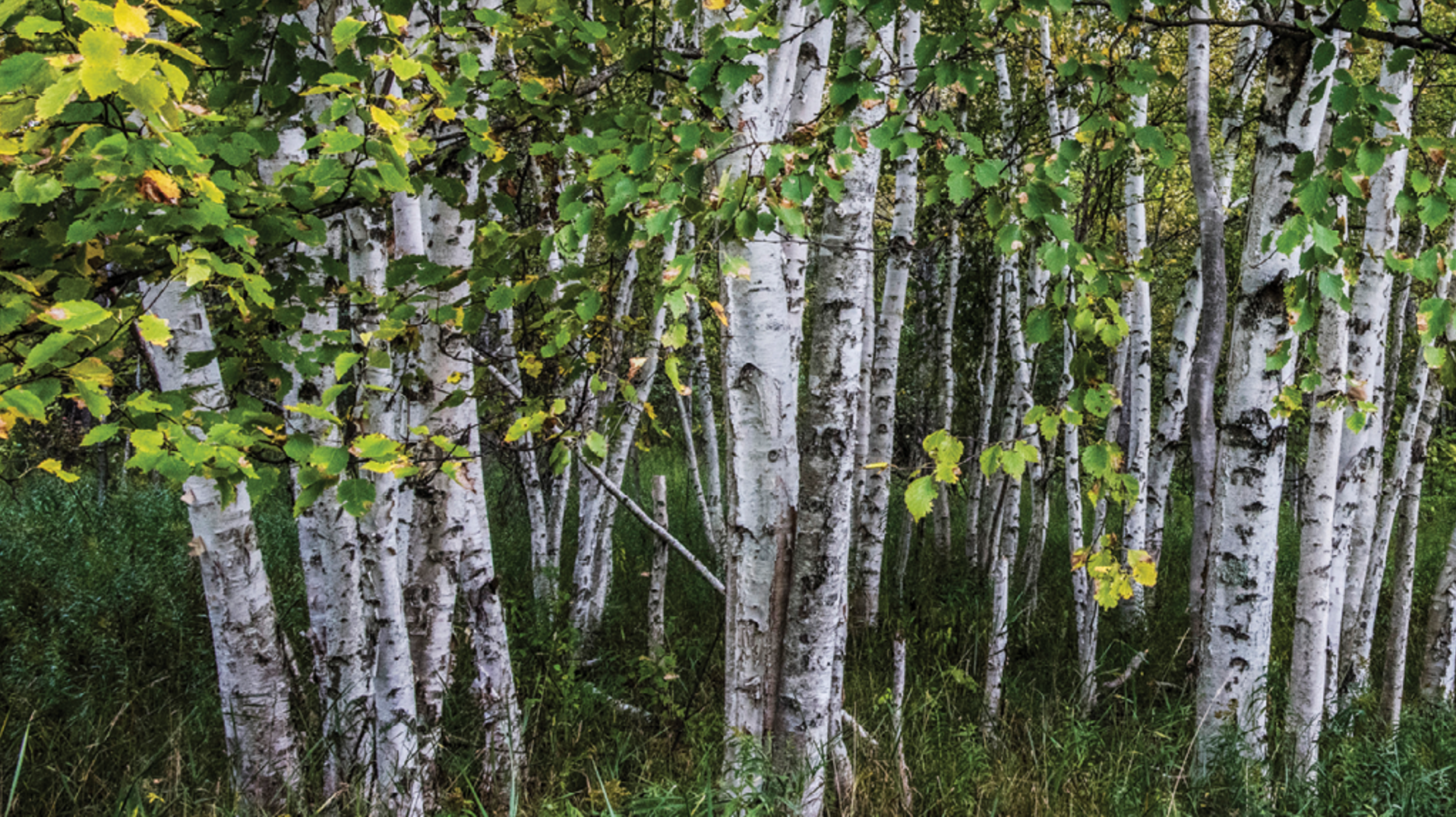At a glance
The KI Sawyer Community Alliance works to address health, economic, and social disparities associated with their community members living among brownfields.

KI Sawyer Community Partnership, Upper Peninsula, Michigan
Partnership: Sawyer Community Alliance addresses health, economic, and social disparities within the community associated with living among brownfields.
Goal: To improve health, economy, and social disparities by:
- Establishing a stronger sense of community
- Remediating blighted buildings
- Providing community services
- Improving public services (water, transportation, etc.)
Community and population:
- Established in 1956, the area was the former home of the K.I. Sawyer Air Force Base. At this time the population grew to 8,224. By 1970, when the air force base closed, the population plummeted.
- 2010: KI Sawyer population: 2,264, nearly doubled growth since community opened; 2017 population estimate: 3,225
- 41% of residents living below poverty level
Environmental concerns
Dumping, garbage management, and contaminated properties
Hazards and contaminants in vacant and boarded buildings
Health concerns
Lack of full-service grocery options
Limited public transit, creating stress and harming health
Inability to pay for healthy foods or healthcare
Good news!
Despite some challenges, Sawyer Community Alliance and residents meet every month. they work on ways to improve quality of life and health in the community.
BROWN assistance and collaboration
- Support for demolishing 200 units by 2017 and removing hazards, including lead and asbestos
- ATSDR funding from Robert Wood Johnson Foundation (RWJF) used for a Community Needs Assessment and Food Access Survey in summer 2018 (250 people helped inform a planning and visioning initiative.)
- DNR and Community Watch increased garbage cleanup, discouraged dumping, and supplied dumpster for community cleanup. The Sault Tribe pledged to help with garbage service.
- Organization and promotion of community, youth, and family events, including picnics, movie nights, bike rodeo, etc. Expansion of community garden with help of the local health clinic.
- Walkability improvement: locating and identifying trails for renovation
- Support for Sawyer Community Alliance members to clean up and re-open two baseball fields connected to Sawyer Elementary School by an all-terrain trail
- St. Francis Food Connection Center (food distribution center)Food Access Survey supported a grocery truck pilot at local school in summer 2019. (It was not sustainable and was discontinued after 2 months. Post-survey identified barriers and ways to move forward.)
- United States Census. (2010). KI Sawyer CDP, Michigan. Retrieved from: https://factfinder.census.gov/faces/nav/jsf/pages/community_facts.xhtml?src=bkmk

